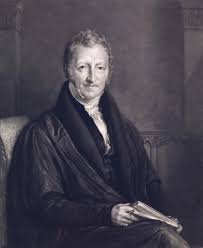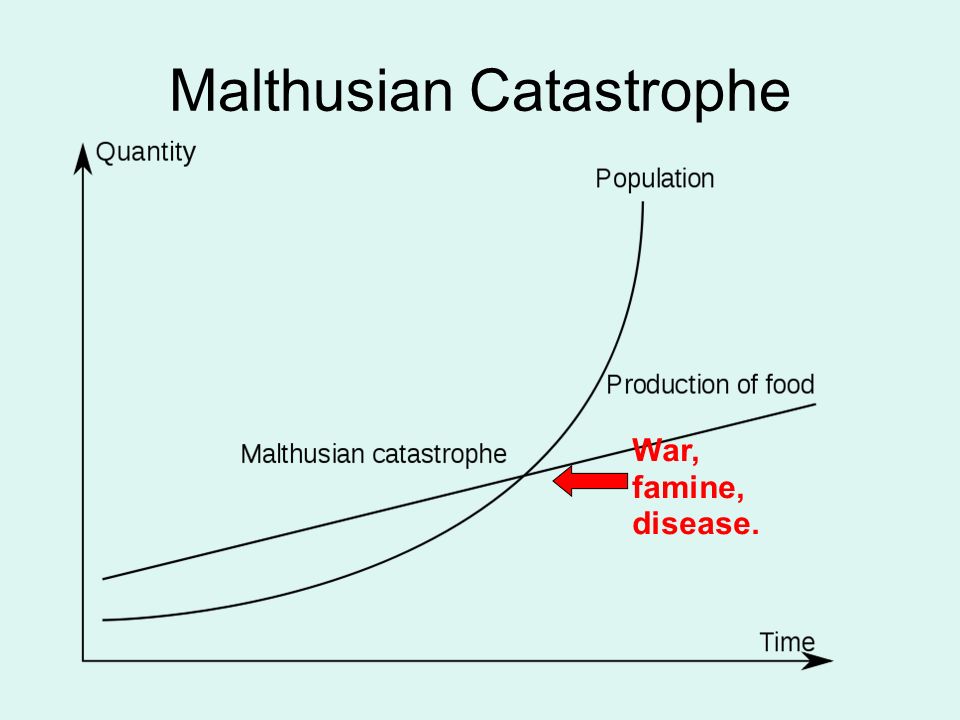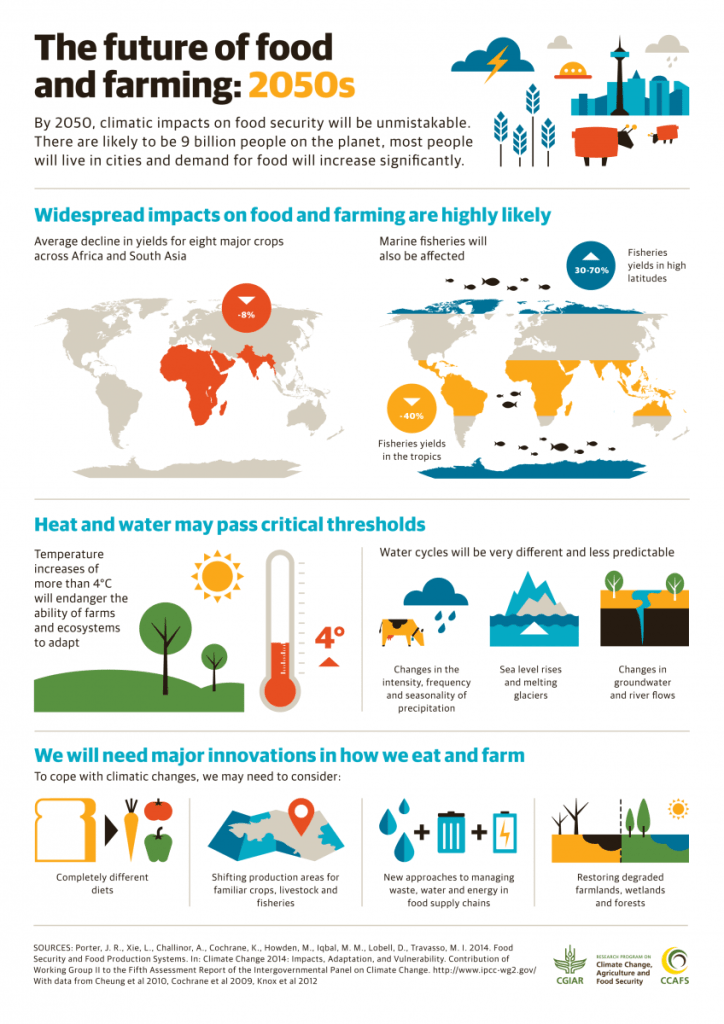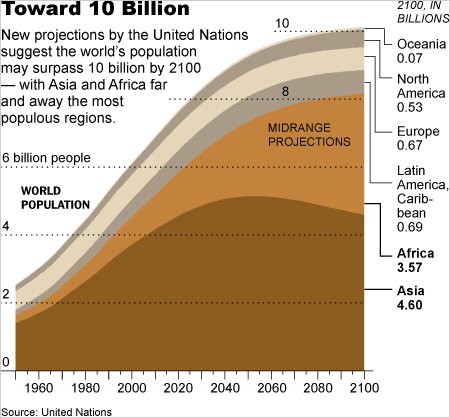Remembering Thomas Robert Malthus – His relevance to India

THOMAS ROBERT, MALTHUS, ENGLISH ECONOMIST AND DEMOGRAPHER

Thomas Robert Malthus (Feb 1766 to Dec 1834), the English economist was one of the earliest thinkers to study population growth as it relates to general human welfare. He identified population growth as an obstacle to human progress. He became renowned for his pessimistic predictions regarding the future of humanity. Malthus argued that the standard of living of the masses can not be improved because, “the power of population is indefinitely greater than the power of the earth to produce subsistence for man.” In 1798, he published ‘An Essay on the Principle of Population, As it Affects the Future Improvement of Society, ……’ and became famous as the originator of Malthusian population theory. “Population, when unchecked, increases in geometrical progression of such a nature as to double itself every twenty five years.” Malthus stated that infinite human hopes for social happiness must be vain, for population will always tend to outrun the growth of production. The increase of population will take place, if unchecked, in a geometrical progression, while the means of subsistence will increase in only an arithmetical progression. Population will always expand to the limit of subsistence and will be held there by famine, war and ill health. Betterment of the lot of mankind is impossible without stern limits on reproduction.
Malthus could be viewed as an economic pessimist who believed that poverty is a man’s inescapable lot. The Malthusian theory of population was incorporated into current theoretical systems of Economics. He helped to justify a theory of wages that made the minimum cost of subsistence of the wage earner a standard of judgment. The immediate influence of the Malthusian theory of population on social policy was very great. In addition, Malthus influenced thinkers like Charles Darwin who formulated The Theory of Evolution.
While I remember the English economist Malthus, I am glad to mention that my son was awarded a Bachelor’s degree in Economics on 16 December, 2007 (Sunday) by The Eastern Michigan University.
The fundamental question for India would be:
How would India feed its population in future?

Indians have to take a serious look at the problem of global warming, the climate changes that could be caused by human activities, the global shortage of drinking water, the shrinking glaciers and the melting ice fields in the Himalayas and its consequences on the volume of water that would flow down the major rivers that feed the Indian population.Indians have to consider the consequences of a “Malthusian Catastrophe.”
A personal tribute to Mr. Santanam, Lecturer in Political Science, Giriraj Government Degree College, Nizamabad, India:

I did my Pre-University Course (P.U.C.) in 1961-62 at Giriraj Government Arts College, Nizamabad, Andhra Pradesh, India. The main subjects of the course were Biology, Physics and Chemistry. In addition, I studied Social Studies. Mr. Santanam was at that time a Lecturer in Political Science and he taught undergraduate students. He was given the additional assignment of teaching the P.U.C. class of Social Studies. For the first time in my life I heard about Malthus and his Population Theory when Mr. Santanam introduced that subject in our class room. I would call Mr. Santanam a very effective communicator and a great teacher fo r I am able to recall the lesson that I heard in 1961. I would also remember Mr. Santanam for my success in essay-writing and debating competitions where the topics were related to what I had studied in the Social Studies class. In 1962, in a competition conducted at Nizamabad Town Hall, I received first prizes in both essay-writing and the debate about the contributions made by India’s Prime Minister Jawaharlal Nehru. Mr. Santanam officiated as the judge for both of these events. At that time, he was no longer my teacher as I had joined the Bachelor of Science course with Botany, Zoology and Chemistry as my main subjects. While being a science student, I used to compete with his students studying Political Science. I was also awarded a first prize by The Rotary Club of Nizamabad when they held an elocution competition in observance of the United Nations Day. Later at a function held at Giriraj Arts College, while my father the Principal of the College was seated on the dais, I told the student assembly that India should not depend upon the United nations and should test the nuclear weapon. I would call Mr. Santanam a real teacher for he had given us education and had not taken away our ability to think for ourselves and formulate our own opinions on issues that we formally study in an academic environment. Mr. Santanam is also dear to us for other reasons. We used to play cricket in the municipal park that was located in front of the house where he had lived in Nizamabad. He used to come out and watch our game and had several times officiated as an umpire during friendly matches with other local teams. I still remember his appreciation for my younger brother Raghu’s bowling skills. I would like to give my thanks to Mr. Santanam, a lively person who made the study of Social Studies to survive beyond the limits of one academic course.

